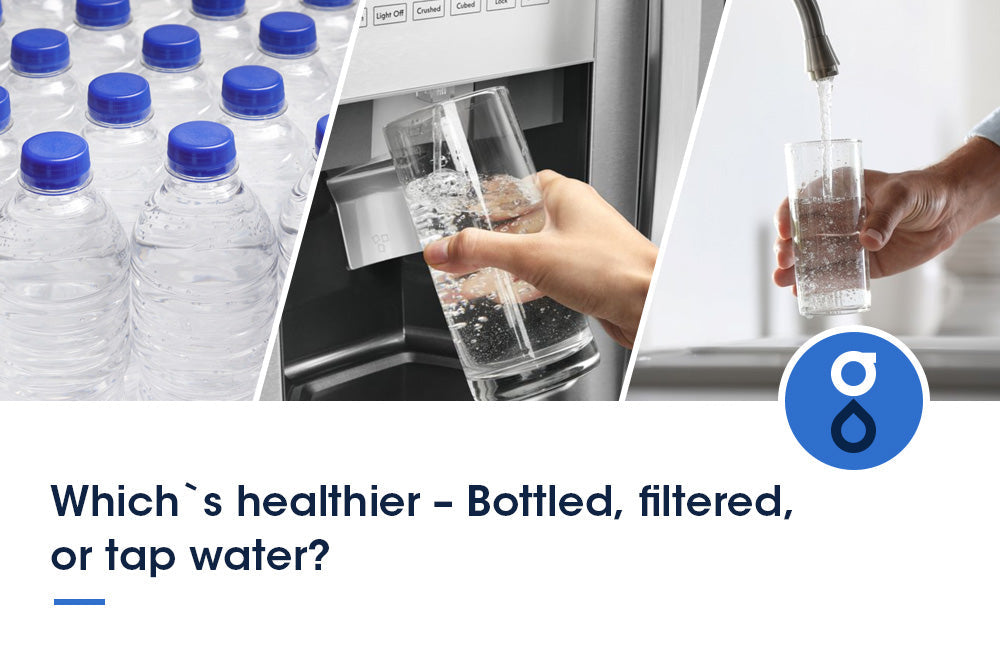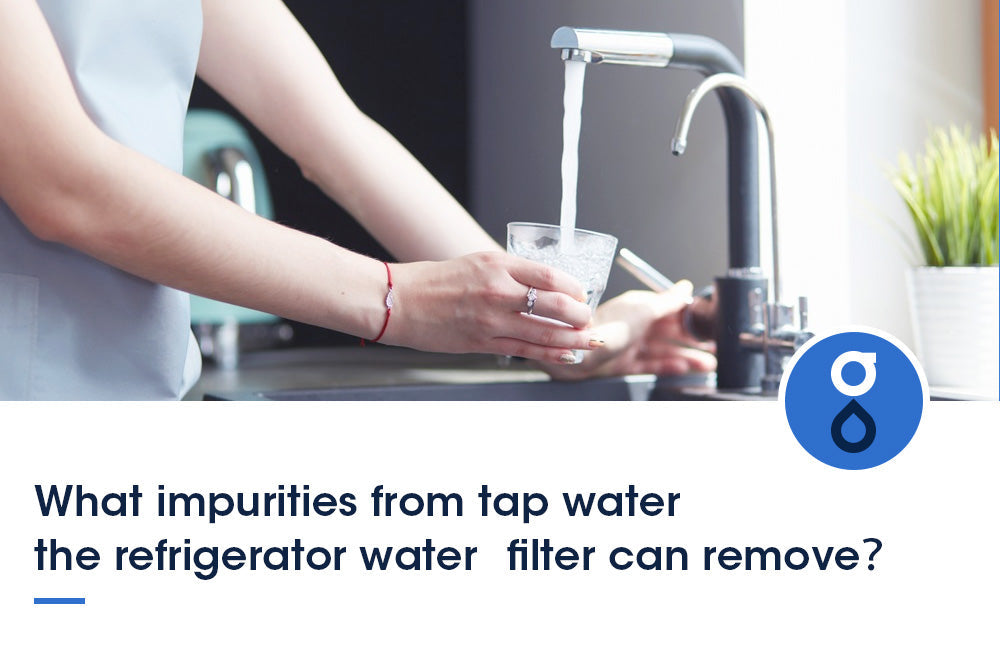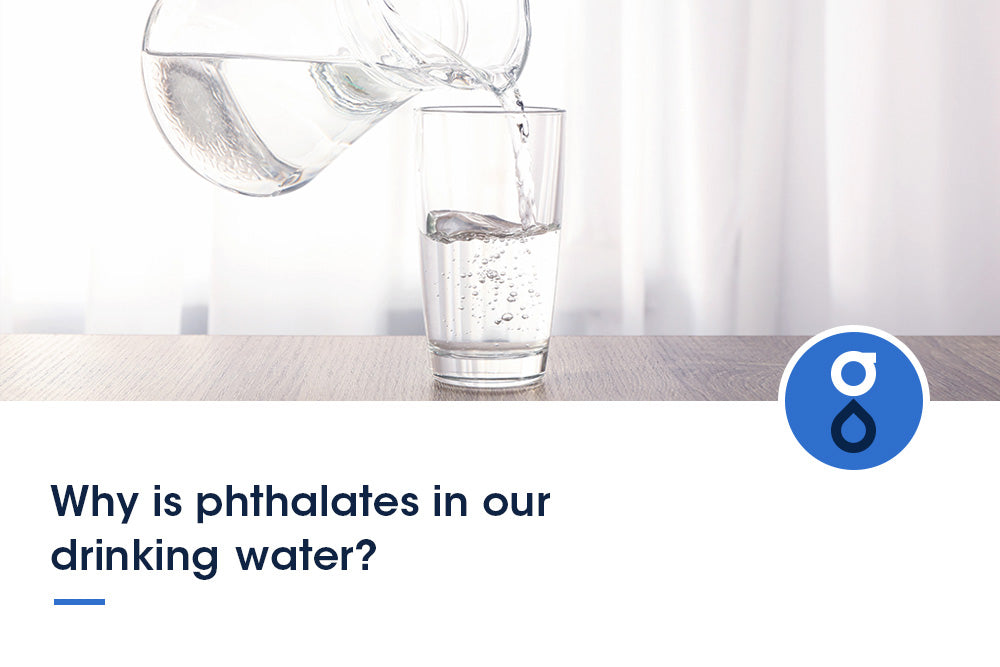Table of Contents:
What nutrients contained in drinking water
What is bottled water
What is tap water
Bottled water VS tap water
What is filtered water
Bottled, filtered or tap water, which`s the healthier option
FAQs
Conclusion
An age-old debate has been raging for centuries: What's healthier? Bottled, filtered, or tap water? An argument so powerful and influential it could potentially change the course of human history! But what are the facts behind each option?
This article explores all three options to help you decide which is best for your health. With an abundance of information out there on water safety and quality, it can be hard to make sense of it all. That's why we're here to break down the pros and cons of each option, so you can make an informed decision about which type of water is right for you.
What nutrients contained in drinking water?
Water is a fundamental part of staying hydrated, but not all types of water are created equal. Understanding what nutrients and harmful chemicals are present in various kinds of water is essential to determine which is most beneficial for your health.
Calcium and magnesium

Drinking water is an essential source of nutrients for the body, as it contains minerals like calcium and magnesium. Calcium is necessary for strong bones, teeth, and muscles. It can also help regulate blood pressure and cholesterol levels. Magnesium helps support the nervous system and keeps organs functioning correctly. It also assists in digestion and the absorption of other nutrients from food. Both calcium and magnesium are found in drinking water in different amounts depending on the source. Some municipal water sources may have more of one or the other, while private wells often contain varying levels of both minerals. The amount of either mineral can also be affected by changes in pH levels or the presence of other metals or contaminants.
Electrolytes
Electrolytes are one of the most important nutrient components of drinking water. These molecules contain ions capable of conducting electricity when dissolved in a liquid solution. The primary electrolytes in drinking water are sodium, potassium, calcium, magnesium, bicarbonate, chloride and sulfates. In addition to these critical minerals, trace amounts of other minerals, such as silica and iron, can also be found in water.
These electrolytes play an integral role in the body's metabolism by helping to regulate fluid balance and controlling pH levels. They help maintain normal heart rate and blood pressure and aid in proper muscle and nerve function. Furthermore, electrolytes help to keep our bodies hydrated by providing necessary fluids for cells to absorb and use properly. Electrolyte-rich drinking water helps to increase energy levels and reduce fatigue. Therefore, it is vital to ensure that the drinking water we consume is rich in these essential mineral components for optimal health benefits.
Fluoride
When it comes to drinking water, one of the most important nutrients present is fluoride. This nutrient is vital in strengthening teeth, making them more resistant to cavities and other dental issues. In addition, it also helps to reduce plaque accumulation and can even prevent tooth decay. Fluoride is added to many public water supplies as part of a process called fluoridation, which allows people to access this vital nutrient in their everyday lives.
Antioxidants
Drinking water contains various essential nutrients that help support our overall health. Antioxidants are one such nutrient; they are essential in preventing cell damage and supporting the immune system. Antioxidants can be found naturally in foods like fruits, vegetables, and nuts and added to some bottled water products. Some antioxidants have also been shown to reduce inflammation and the risk of chronic diseases.
The most common antioxidants found in drinking water are Vitamin C, Vitamin E, beta-carotene, lycopene, lutein, and flavonoids. These compounds work together to neutralize harmful free radicals which damage cells and cause disease. Additionally, research suggests that drinking antioxidant-rich water may help improve digestion and provide other health benefits, such as reducing the risk of cancer or heart disease. Therefore, it is essential to ensure your drinking water contains adequate amounts of these beneficial antioxidants for optimal health benefits.
What is bottled water?
Bottled water sits on shelves in stores and gas stations, calling out with its promise of refreshment. It's the perfect on-the-go companion for the busy traveler and offers a convenient way to stay hydrated. Bottled water comes in various forms ranging from plastic bottles to aluminum cans. Unfortunately, these containers come with environmental impacts such as plastic pollution, which has become increasingly concerning in recent years.
The production process of bottled water also involves chemical additives like chlorine and fluoride, which may have health implications when consumed regularly. Furthermore, bottled water is often more expensive than buying a filter and drinking tap water. Many people perceive bottled water to be of higher quality because of its convenience factor, but this is not always the case. The debate between bottled, filtered, and tap water continues to rage as consumers consider each option's health implications and environmental impacts.
What is tap water?
Having discussed bottled water, let's now focus on tap water. Tap water is derived from various sources and is typically treated before it's distributed for public use. It can come from springs, rivers, lakes, and underground sources like wells, all subject to different contamination levels. Tap water can contain chemical contaminants such as chlorine and lead and bacterial contaminants like E. coli from sewage overflow.
In addition, hardness levels—the amount of calcium and magnesium in the water—can vary significantly from one region to another. The Environmental Protection Agency (EPA) measures tap water quality based on state drinking water standards and quality monitoring processes such as contaminant testing.
Given the wide range of contaminants found in tap water, it is essential to research the safety of your local supply before drinking it directly. With that said, many local utilities provide safe drinking water that meets or exceeds all safety regulations.
Bottled water VS tap water

Bottled water is increasingly becoming popular for people looking for an alternative to tap water. It is seen as a convenient and refreshing way to stay hydrated on the go, but it's essential to consider water quality in bottles. Many bottled sources are not subject to the same rigorous testing as municipal tap water, so there may be unknown health risks associated with drinking them. Additionally, plastic waste from single-use plastic water bottles is a primary environmental concern.
Here are three key points to consider when deciding between bottled and tap water:
1. Water quality: Government agencies regularly test tap water, while bottled sources may not be subject to the same stringent regulations.
2. Bottled sources: Check the label on your chosen bottled water brand; it may come from a spring or well rather than purified municipal sources.
3. Water testing: Make sure you know where your water bottle comes from before drinking it and how often it undergoes independent testing for safety and quality assurance.
Considering these factors can help you make an informed decision when choosing between bottled and tap water for your daily hydration needs, without running the risk of potential health problems or contributing to plastic pollution in our environment. Now let's look at filtered water; what does filtering bring to the table?
What is filtered water?

Filtered water is any water treated in some way to remove contaminants. This may include storing water in a container, using a water filter, purifying it chemically, or using ultraviolet light. Depending on the method, filtered water or purified water can be significantly safer and of higher quality than tap or bottled water. Storing water in containers is one way to filter it and ensure it is safe to drink. This can help reduce the amount of bacteria and other contaminants that may be present in untreated tap water. It also prevents bacteria from growing in standing water. Additionally, storing filtered water reduces the need for single-use plastic bottles, making it an environmentally friendly option..
In terms of quality, filtered water typically has fewer healthy minerals and metals than tap or bottled water. This makes it better for people trying to reduce their consumption of these substances. Furthermore, filters are available for sink faucets, pitchers, and other containers, making them convenient and easy to use at home.
Overall, filtered water is an excellent option for ensuring your drinking supply is safe and high-quality without relying on plastic bottles or tap water sources that are prone to contamination. By filtering your drinking supply, you can rest assured knowing that you consume clean and healthy drinking water daily.
Bottled, filtered Or tap water, which`s the healthiest option?
When it comes to bottled, filtered, and tap water health, it's essential to understand what makes each one different.
To begin with, bottled water is often packaged in single-use plastic containers that are not always recycled. Additionally, bottled water can contain various chemical additives like sodium chloride and magnesium sulfate that may impact its taste, smell, and quality. On the other hand, filtered water has undergone a filtration process that removes impurities and contaminants in drinking water. Filters work by trapping substances like chlorine and bacteria and controlling pH levels to improve water safety and quality.
Lastly, tap water is sourced from municipal or public systems and regularly tested for contaminants. While some trace levels of chemicals may be found in tap water depending on where you live, the Environmental Protection Agency (EPA) sets strict standards for safe and clean water.
Therefore, when choosing between bottled, filtered, or tap water for health concerns, it's essential to consider each option's potential benefits and drawbacks. Filtered water may have fewer chemicals than bottled or tap but could still carry possible microbial contamination if not maintained properly.
On the other hand, while specific contaminants can be found in tap water, such as chlorine levels or lead residue depending on your location's infrastructure, these are typically regulated by the EPA to ensure clean drinking standards nationally. Ultimately your choice should depend on personal preference and understanding any potential risks associated with each type of drinking source.
FAQs
Is Bottled Water More Expensive Than Tap Water?
Bottled water is typically more expensive than tap water, as it often involves additional costs for bottling and shipping. This means opting for bottled water can be a more significant financial burden than just turning on the tap.
However, there are certain instances where bottled water may be the better option, such as if you're in an area with poor tap water quality or need a large quantity of drinking water quickly.
Is Filtered Water Free Of Contaminants?
Filtered water is often marketed as free of contaminants, but that isn't always the case. Many filter systems may remove sediment and chlorine but can't filter out contaminants in tap water.
Researching your filter is essential to ensure it removes the correct type of unwanted particles. Additionally, it's necessary to regularly replace filters to ensure they're working as effectively as possible.
Does Bottled Water Have Any Nutritional Value?
Bottled water does not typically contain any nutritional value. It may contain minerals but in much smaller amounts than what is found in tap or filtered water. Most bottled water is just purified water that has been filtered for taste and contaminants, so it does not offer any health benefits compared to tap or filtered water.
Conclusion
In conclusion, there is no definitive answer as to which type of water is the healthiest option. Each option has its benefits and drawbacks regarding safety and cost. Ultimately, it comes down to personal preference based on budget constraints and convenience factors such as accessibility. It is essential to consider all these factors before choosing the best option for your health and lifestyle.
















